Jared Broer’s story is not mine to tell. It’s important to me that I start with that, because I think that there is a tendency to spin the lives of those who have left us into narratives, into things from which meaning can be pulled and lessons can be learned. Jared told his story all on his own, by living with originality and vibrancy.
All the same, people as vibrant as Jared don’t just go away without leaving some kind of mark behind, in the same way that you can’t look at the sun and not gain a few spots of brightness on your retinas. So I’d like to remember Jared as I knew him, as he was to me for a time that was much, much too short.
The Jared I remember lived life turned up to eleven. I mean this figuratively but also quite literally, as he was the one to always sing duets with me in the car at the top of our lungs. He always had a new catchphrase, which was usually was born from private jokes that he had with his family. He used the term “GAINS” to describe his muscle development and always made us admire his “lats.”
He would laugh and holler whenever I played board and card games with his family, especially when he submitted a risqué or ridiculous answer when playing Nouns. Nouns, by the way, is a game where we the players all write nouns on sheet of paper and gave people one-word hints in order to try and guess them. I recall “Southeast Asia” being one of Jared’s favourite nouns to use. He also wrote down a lot of business and economic terms that none of us had any hope of guessing. The Jared I remember always had a host of stories, like the one about him falling off the roof of the school and his resulting concussion. Apparently it caused him to mumble something about enchiladas over and over (or was it fajitas? My memory is as bad my ability to guess Jared’s economic terms during Nouns).
The Jared I remember was fond of doing things that I would have never been bold enough to do myself. Embarrassment, for him, never seemed like a legitimate excuse for not doing what he wanted to do. Once he ran behind the prom pictures that Brendon and I were taking in his underwear (a fact that he always denied, but my parents and grandparents will both testify to the truth of). He was always armed with a sense of humor and he wasn’t afraid to use it. He once called The Pony Soldier Inn to ask them where the name of their establishment came from, and upon being presented with the option to hear a long story about its origins, hung up on them, saying, “Never mind, I don’t care that much.” He was full of one-liners like that—phrases that could have won a show an Emmy for Best Screenplay had they been used on a professional sitcom.
The Jared I knew was intelligent like his father, compassionate like his mother, and fiercely loyal like his brothers. I gave him a birthday card that I made with a picture of protein powder on it, and he gave me text messages with bad puns that always made me laugh. The Jared I knew played the triangle or the cowbell with glee whenever his family went out Christmas carolling (he was the only one of the Broer boys that didn’t play an instrument in high school). He was supportive and was good at listening and communicating even when he wasn’t interested in the same things that you were. I myself had long conversations with him about my opinions about classic books. I liked listening about his passions, too—about Steph Curry or Foster’s School of Business.
I watched Jared graduate from high school, clapping and hooting for him in the stands. He, along with his brothers and parents, were among the first pairs of arms to welcome me when I graduated with my BA. I always looked forward to coming to the Broer house for Christmas and hearing his big voice and his bigger smile welcome me home. The Jared that I remember was best friends with everybody, was generous and driven, and, of course, he was the proud owner of a great head of hair. The Jared I remember lived a life so brilliant that nothing—not my words or anyone else’s—could contain him.
During Lent this year, I sent him a message telling him how much he meant to me and that I was so glad to have him in my life, and he responded by saying that I was “kick ass.” It still kicks me in the gut whenever I remember that. I didn’t know then that it would be the last message that I would ever send to him, and I’m glad that at least I got the chance once to tell him about how important he was, to me and to everyone else that he came into contact with. The Jared I remember never got the chance to turn twenty, to graduate with a business degree, to start his own company or get married or whatever else he wanted to do, and it feels unfair to me. You know, it seems trivial to mention, but one of the things that I cried about the most when I learned that he was gone was that he never even got the chance to legally be my brother. It doesn’t matter, though. The Jared I knew was my brother for those five and a half years, and nothing can take that away.
In that last conversation that we had, he told me that he couldn’t wait to see me again. I wasn’t aware at the moment that the next chance for us to meet up again would be much further off in the future than I thought. When I look back at that message, I smile in spite of myself, thinking about the years that I did get with him, however few they were. All have to say in response to his comment is this: I can’t wait to see you again, too.
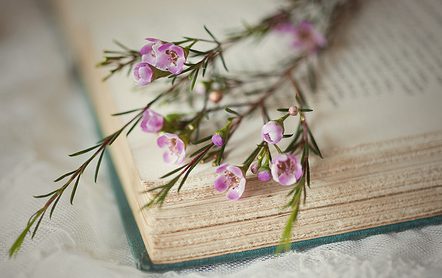




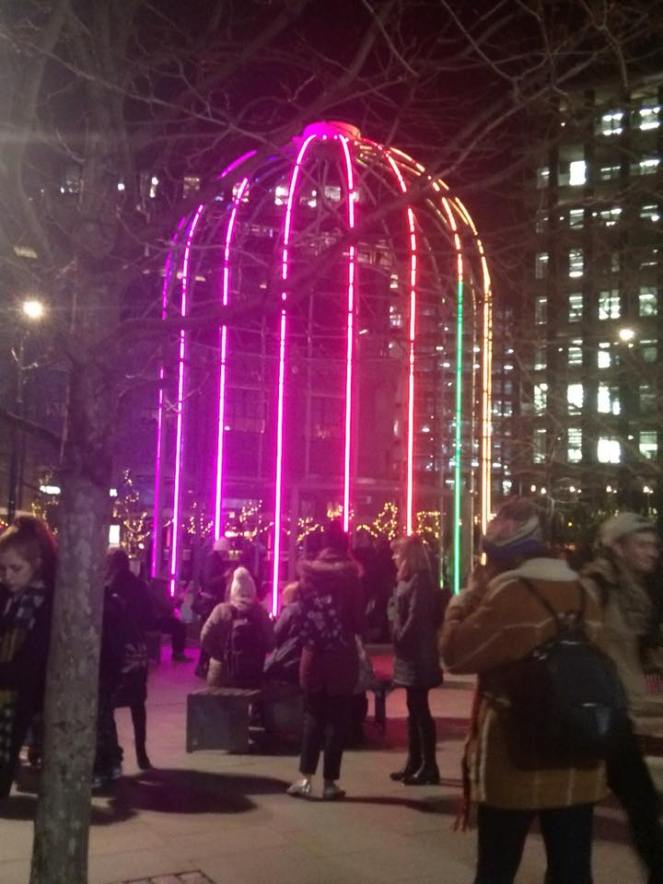
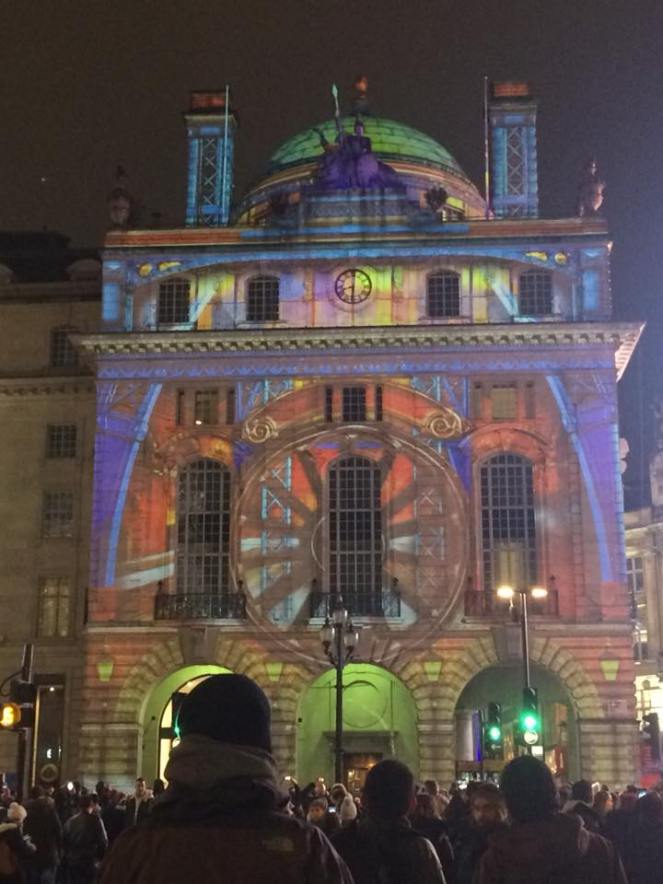
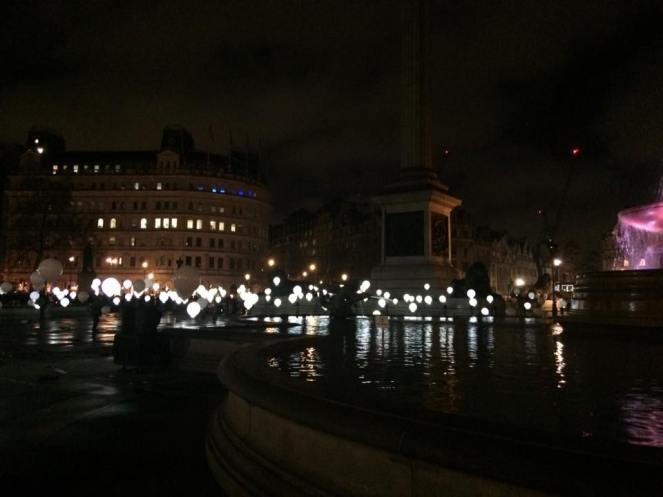
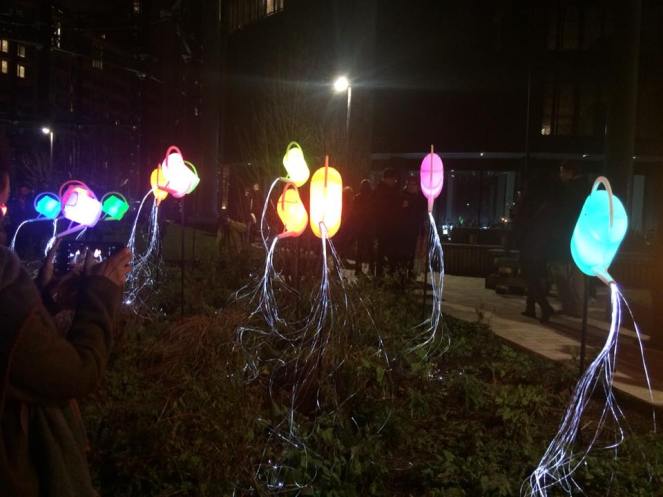

 It’s been months since I’ve posted anything to this blog, mainly because my first term here was spent acclimating to the United Kingdom, meeting new friends, and, of course, doing lots and lots of schoolwork. Since I’ve now become more accustomed to the way that London and grad school function in general, I’m going to try to push myself to write more often.
It’s been months since I’ve posted anything to this blog, mainly because my first term here was spent acclimating to the United Kingdom, meeting new friends, and, of course, doing lots and lots of schoolwork. Since I’ve now become more accustomed to the way that London and grad school function in general, I’m going to try to push myself to write more often.


